Unpacking Creativity for Language Teaching
Cuốn sách được chia thành 12 chương, bao gồm: Đánh giá phê bình về cách sử dụng, định nghĩa và viết thuật ngữ 'sáng tạo' trong các lĩnh vực khác nhau. Các mô hình và lý thuyết khác nhau về sáng tạo, quan điểm định hướng sản phẩm và quy trình về sáng tạo và sự liên quan của chúng đối với việc dạy ngôn ngữ.Ba trụ cột mà phương pháp sư phạm ngôn ngữ sáng tạo nên dựa vào.


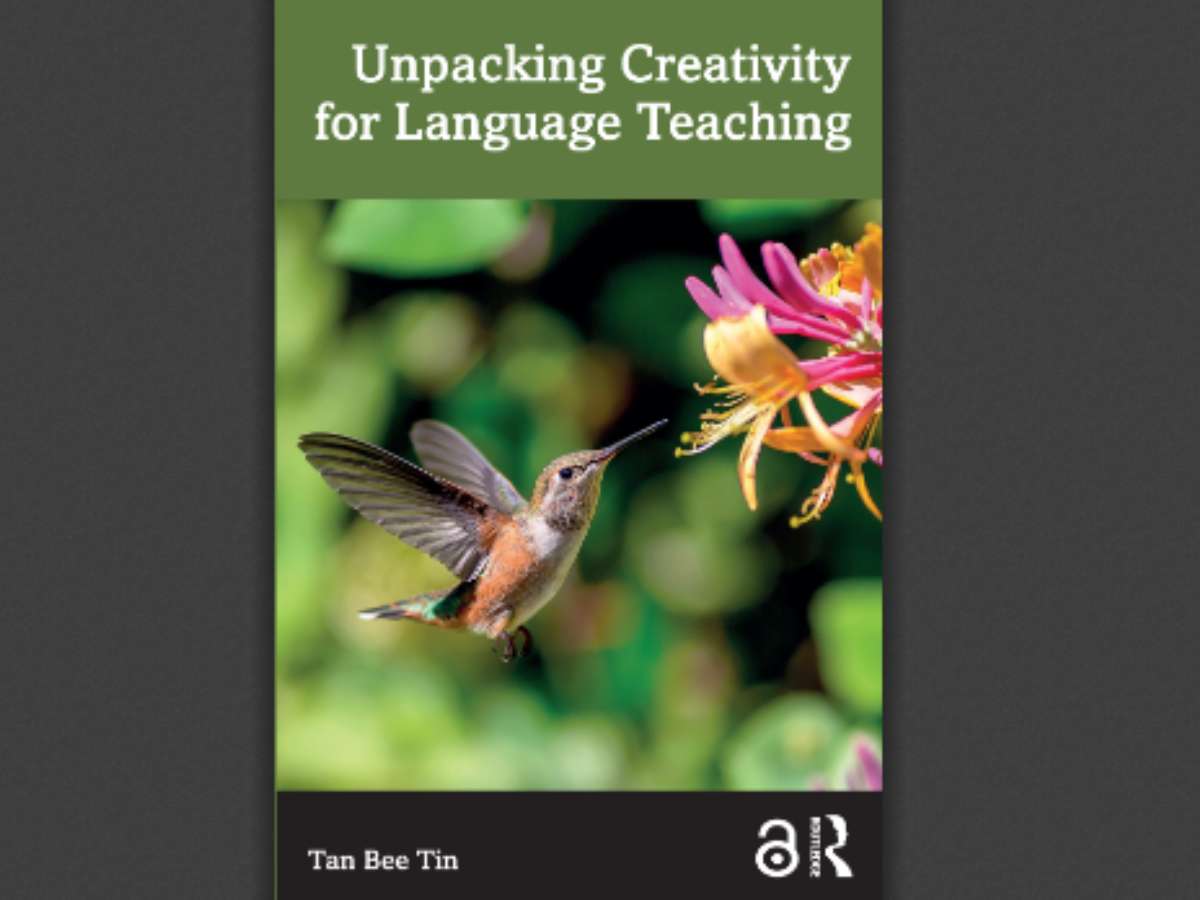
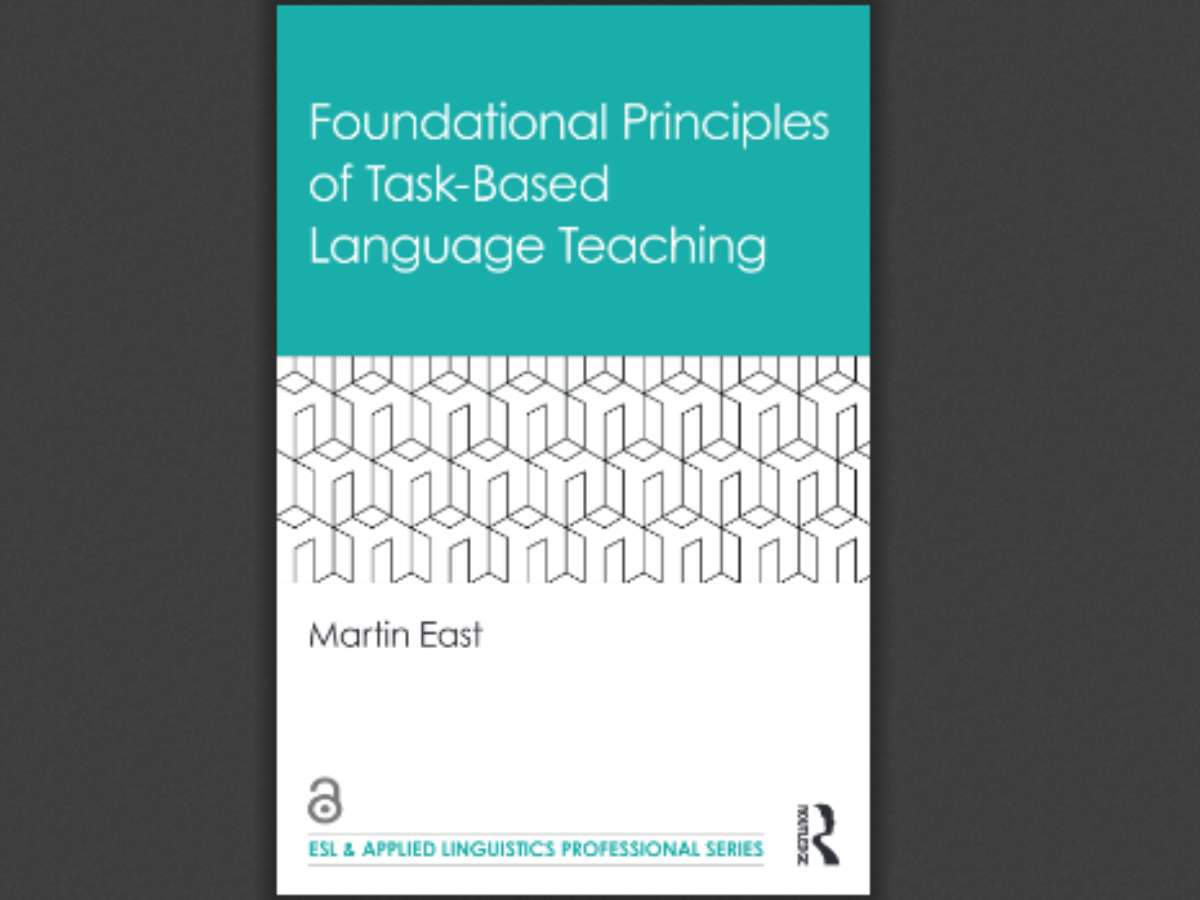

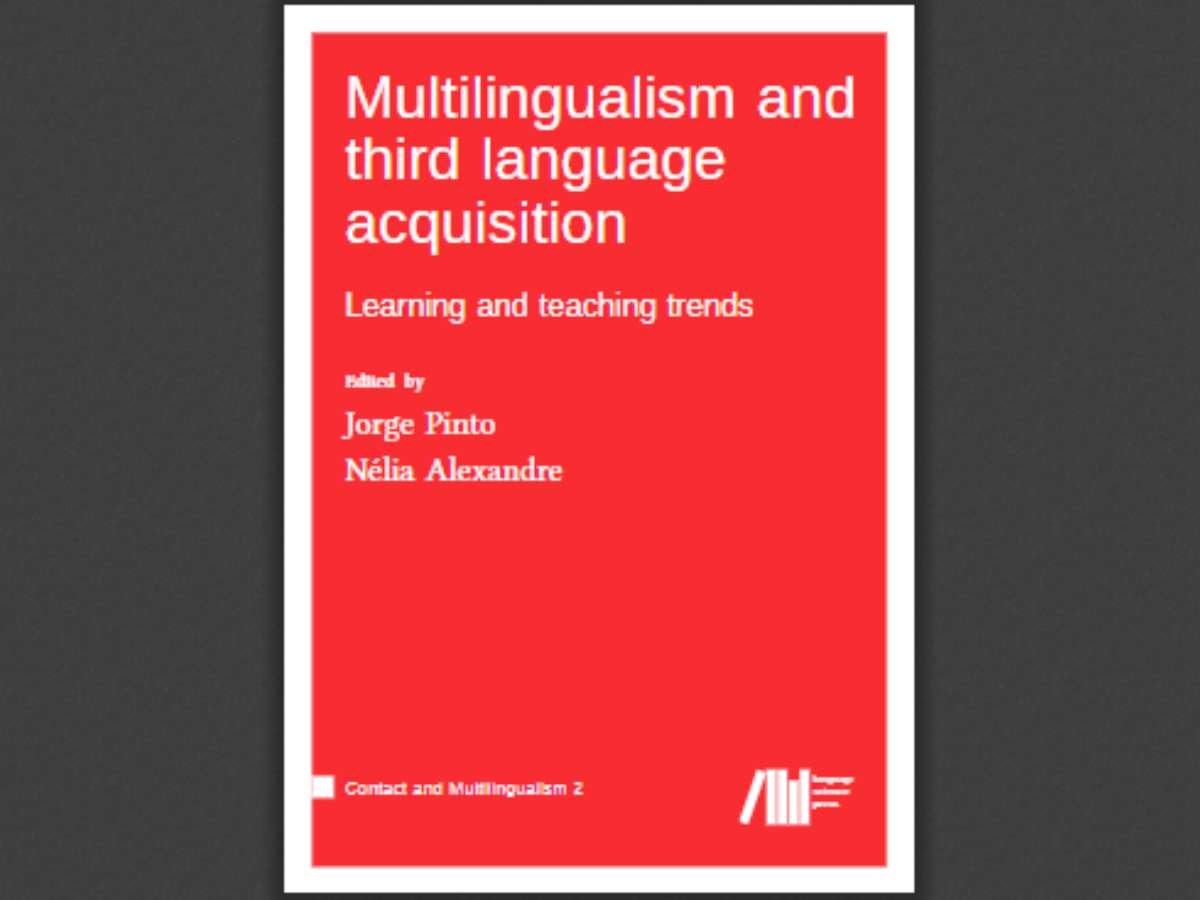
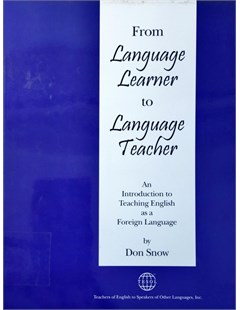
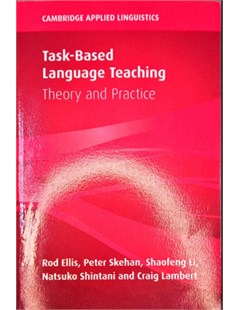
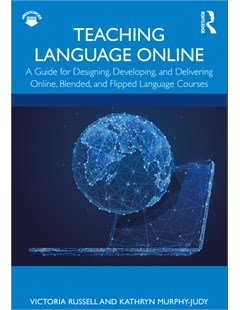
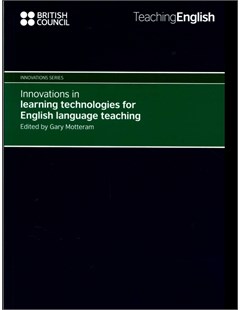

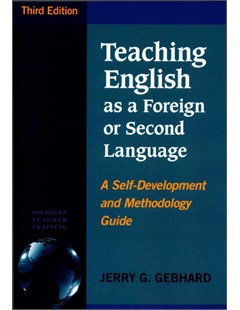

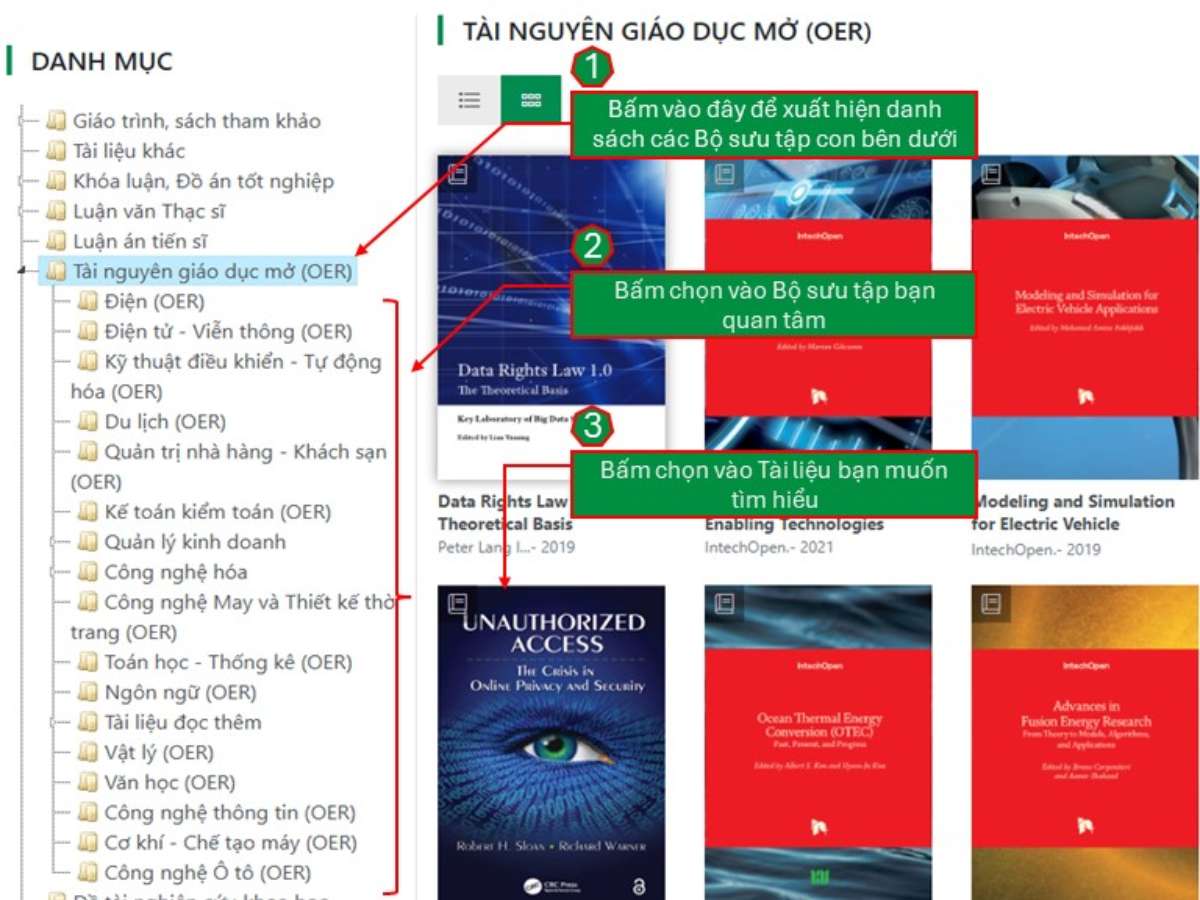

![[Coursera] Khóa học “Tìm hiểu các phương pháp nghiên cứu” của ĐH Luân Đôn](https://lic.haui.edu.vn/media/78/t78458.jpg)
